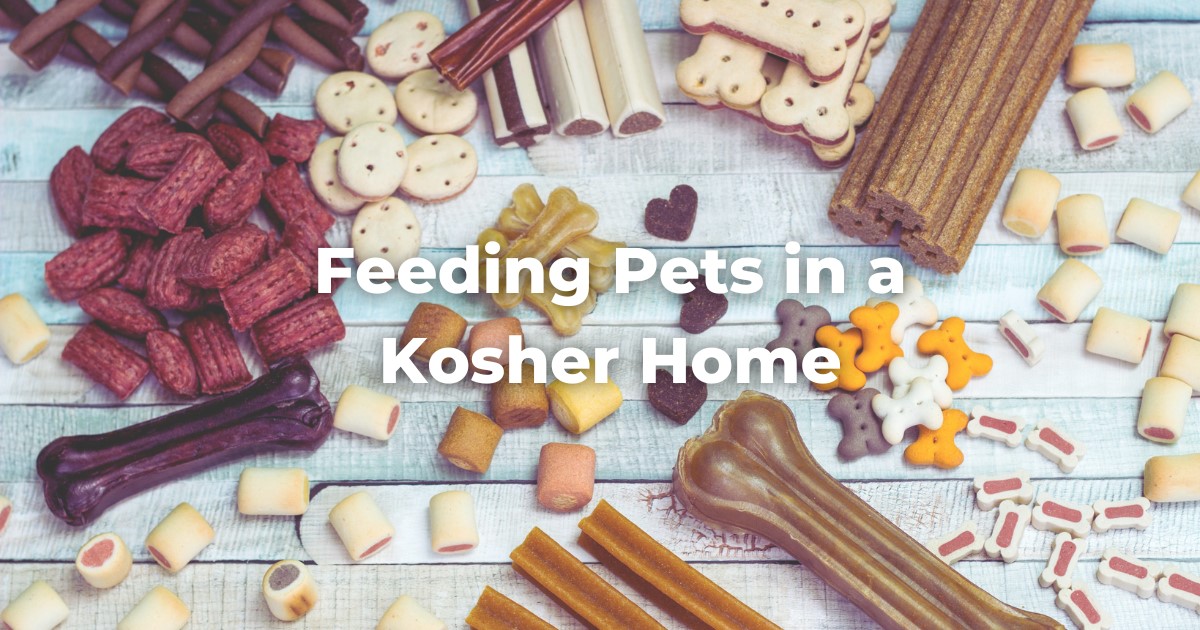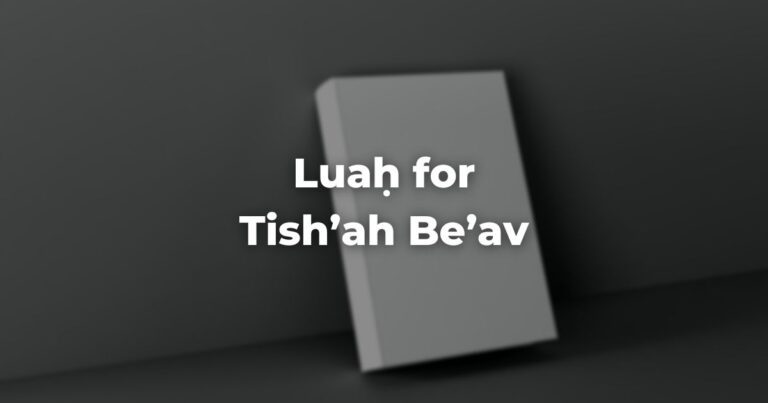Since most pet foods are made with non-kosher meats, meat by-products, or flavorings, it is important to keep pet food away from kosher utensils and dishes.
It is not, however, forbidden for Jewish individuals to feed their pets non-kosher food; the laws of kashrut specifically apply to human beings, not to the animals they own. For practical reasons, however, one should maintain a special set of utensils for opening, scooping, and serving pet foods.
The situation on Passover is different.
Concerned pet owners should consult with their rabbis about the use of pet foods on Passover, as many are made with ingredients that may not be permitted in Jewish homes on Passover regardless of whether they are ingested only by pets.
Adapted with permission from The Observant Life.
Authors
-

Rabbi Paul S. Drazen (1951-2018) spent two-thirds of his rabbinic career serving individual congregations and one-third on the staff of USCJ, all the while creating programs and educational opportunities to make Jewish observance and practice clear, accessible, and attainable for everyone.
View all posts -

The Observant Life: The Wisdom of Conservative Judaism for Contemporary Jews distills a century of thoughtful inquiry into the most profound of all Jewish questions: how to suffuse life with timeless values, how to remain loyal to the covenant that binds the Jewish people and the God of Israel, and how to embrace the law while retaining an abiding sense of fidelity to one’s own moral path in life. Written in a multiplicity of voices inspired by a common vision, the authors of The Observant Life explain what it means in the ultimate sense to live a Jewish life, and to live it honestly, morally, and purposefully. The work is a comprehensive guide to life in the 21st Century. Chapters on Jewish rituals including prayer, holiday, life cycle events and Jewish ethics such as citizenship, slander, taxes, wills, the courts, the work place and so much more.
View all posts







